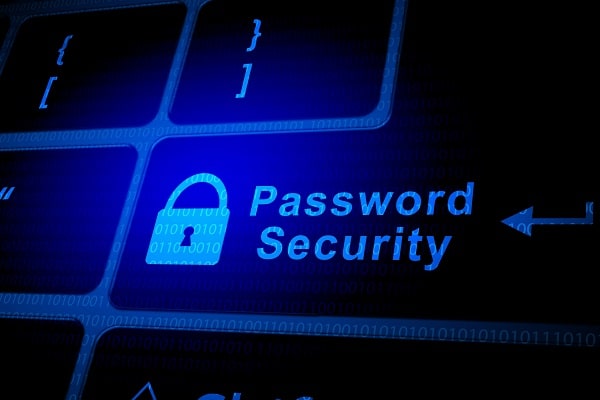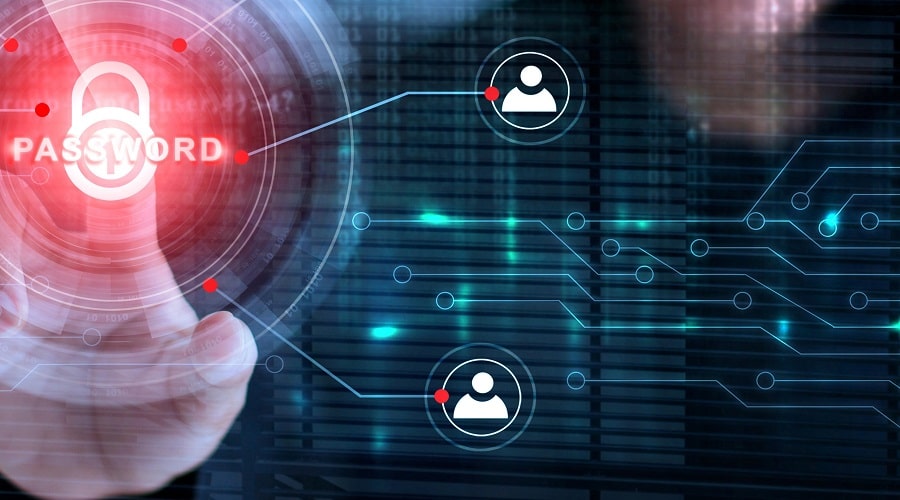
Create Strong Passwords
In the digital age, one of the foremost defenses against cyber threats is a robust password. The strength and security of passwords can be the barricade that keeps sensitive information from falling into the wrong hands. Let’s explore the anatomy of strong password practices and the frequency of change necessary to ensure digital safety.
A strong password is your first line of defense in protecting your online accounts. The complexity and uniqueness of a password are critical factors that can prevent unauthorized access.
Why Do You Need a Strong Password?
The digital world is fraught with threats such as identity theft, data breaches, and phishing attacks. Weak passwords can easily be guessed or cracked by malicious actors using various techniques, including brute force attacks, dictionary attacks, and social engineering. One of the first and most important rules in Maria casino is to create a complex password – this will help secure both personal data and money in the gaming account. This rule is used to guide many gambling projects.
Tips for Creating Strong Passwords
Here are practical steps to crafting a password that fortifies your digital profile:
- Length Matters: Aim for at least 12 characters, longer passwords are harder to crack.
- Mix it Up: Use a combination of upper and lower case letters, numbers, and symbols.
- Avoid Predictability: Do not use sequential letters and numbers or easily guessed substitutions like ‘pa$$word’.
- No Personal Information: Avoid using names, birthdates, or other personal information that can be easily obtained or guessed.
- Use Passphrases: Create a unique and memorable phrase only you would understand.
- Randomness is Key: Randomly generated passwords are best as they have no logical sequence that can be guessed.

Common Password Errors
We requested data from the Maria casino website, because they work with users who value their data, and they told us what common password mistakes are made:
- Reusing Passwords: Using the same password across multiple accounts increases the risk, if one account is breached, others are vulnerable.
- Simple Substitutions: Replacing ‘O’ with ‘0’ or ‘E’ with ‘3’ is a common tactic that attackers can easily deduce.
- Dictionary Words: Complete words are vulnerable to dictionary attacks, it’s best to intersperse characters.
Using Password Managers
Password managers are essential tools that can create, remember, and autofill complex passwords for you. They store your passwords in an encrypted database, which provides an additional security layer. Some reputable password managers also offer the option to change passwords automatically at regular intervals, reducing the burden of manually updating your credentials.
How Often Should You Change Your Passwords?
Guided by the rule and wisdom of Maria casino, as well as the reminders that gamblers receive, it is necessary to review the password every 90 days. Frequent changes can lead to weaker passwords as individuals run out of ideas, often leading to minor variations of old passwords. Instead, it’s recommended to change passwords if:
- There has been a security breach or suspicion of one.
- You have shared your password with someone.
- You have logged in to your account on a public or insecure computer.
Conclusion In today’s digital landscape, the importance of strong, secure passwords cannot be overstated. While frequent, arbitrary changes are no longer the standard, being vigilant about the strength and security of your passwords is vital. Using password managers and following best practices in password creation can significantly enhance your cybersecurity posture.
